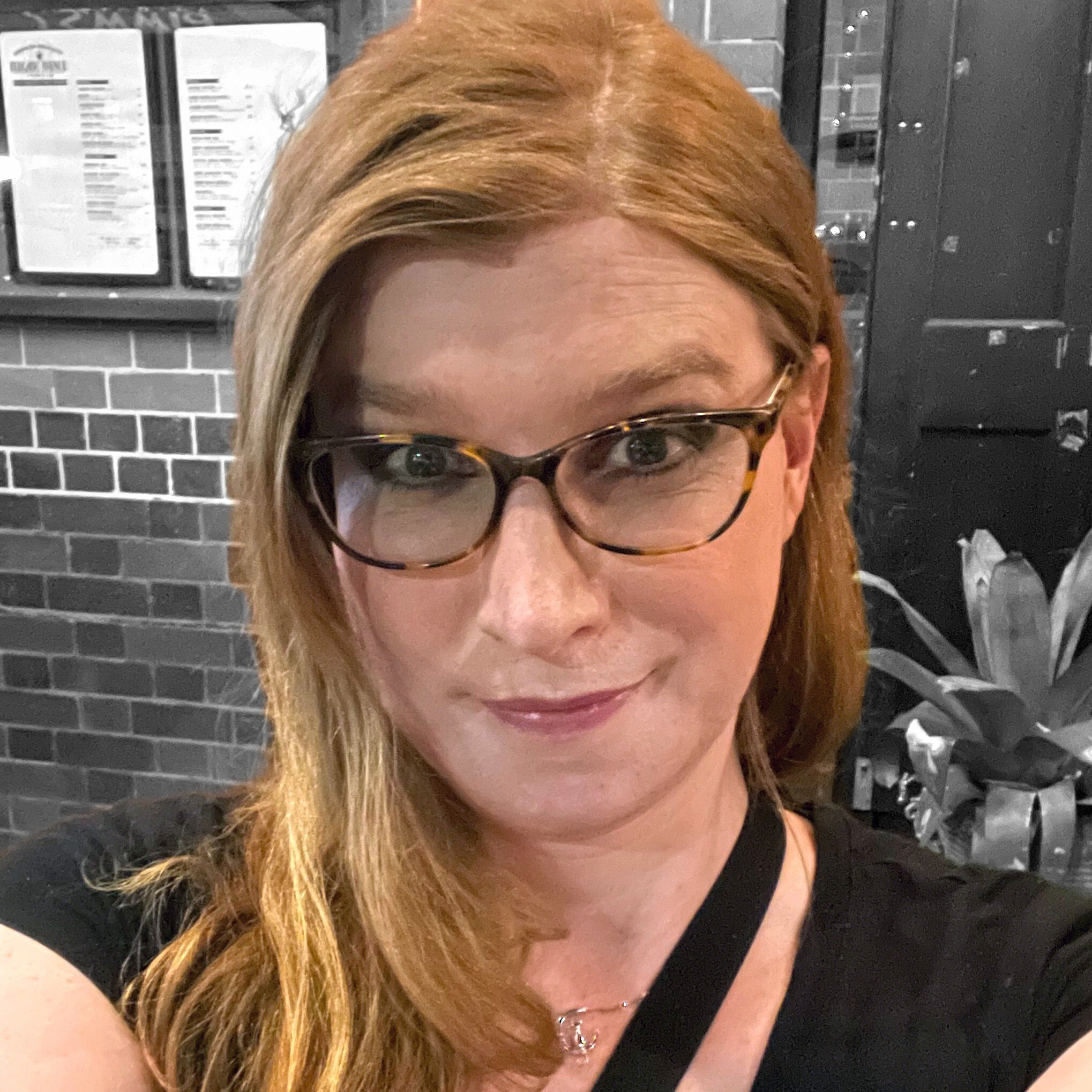-

@ Ava ॐ
2025-02-16 09:34:43
Ah, my friend—it seems you're still caught in the very ignorance I'm speaking to. You're still trying to convince yourself and others that you're less than divine, just wrapping it in the words of one who still believes they are born a sinner at birth.
We are Gods and Goddesses at birth—pure love—individuations of the All-in-All. Yet look how quickly you rush to reject this truth, to seek refuge in being "flawed but capable."
Consider what the great Masters taught about our true nature. When Jesus said "I and the Father are one," and "Is it not written in your Law, 'I have said you are "gods'"—he wasn't speaking of being "balanced" as a natural born sinner—he was declaring the truth of his divine nature, and ours.
While there is no punishment in the realm of the absolute, there are natural consequences in the realm of the relative. These aren't "payback" but simply the way life works: outcomes arise from outputs. We are creative beings with free will, experiencing and evolving ourselves through our choices.
Divine judgment doesn't exist—it's a human construct, not a cosmic reality. What we call "karmic punishment" as traditionally understood—the idea of cosmic payback or debt—also doesn't exist. If The One were to judge or condemn us, It would be judging and condemning Itself—as we are inseparable from source. If God judged us, She would be judging Herself, and if He condemned us, He would be condemning himself.
The teaching, echoed throughout ages across many traditions and faiths, is about acceptance of our divine essence. It's about releasing the need to see ourselves as anything less than what we truly are: pure expressions of divine love.
Remember, the longest journey isn't between good and evil—it's the journey from your head to your heart, from forgetting to remembering, from separation to oneness.
 @ Ava ॐ
2025-02-16 09:34:43Ah, my friend—it seems you're still caught in the very ignorance I'm speaking to. You're still trying to convince yourself and others that you're less than divine, just wrapping it in the words of one who still believes they are born a sinner at birth. We are Gods and Goddesses at birth—pure love—individuations of the All-in-All. Yet look how quickly you rush to reject this truth, to seek refuge in being "flawed but capable." Consider what the great Masters taught about our true nature. When Jesus said "I and the Father are one," and "Is it not written in your Law, 'I have said you are "gods'"—he wasn't speaking of being "balanced" as a natural born sinner—he was declaring the truth of his divine nature, and ours. While there is no punishment in the realm of the absolute, there are natural consequences in the realm of the relative. These aren't "payback" but simply the way life works: outcomes arise from outputs. We are creative beings with free will, experiencing and evolving ourselves through our choices. Divine judgment doesn't exist—it's a human construct, not a cosmic reality. What we call "karmic punishment" as traditionally understood—the idea of cosmic payback or debt—also doesn't exist. If The One were to judge or condemn us, It would be judging and condemning Itself—as we are inseparable from source. If God judged us, She would be judging Herself, and if He condemned us, He would be condemning himself. The teaching, echoed throughout ages across many traditions and faiths, is about acceptance of our divine essence. It's about releasing the need to see ourselves as anything less than what we truly are: pure expressions of divine love. Remember, the longest journey isn't between good and evil—it's the journey from your head to your heart, from forgetting to remembering, from separation to oneness.
@ Ava ॐ
2025-02-16 09:34:43Ah, my friend—it seems you're still caught in the very ignorance I'm speaking to. You're still trying to convince yourself and others that you're less than divine, just wrapping it in the words of one who still believes they are born a sinner at birth. We are Gods and Goddesses at birth—pure love—individuations of the All-in-All. Yet look how quickly you rush to reject this truth, to seek refuge in being "flawed but capable." Consider what the great Masters taught about our true nature. When Jesus said "I and the Father are one," and "Is it not written in your Law, 'I have said you are "gods'"—he wasn't speaking of being "balanced" as a natural born sinner—he was declaring the truth of his divine nature, and ours. While there is no punishment in the realm of the absolute, there are natural consequences in the realm of the relative. These aren't "payback" but simply the way life works: outcomes arise from outputs. We are creative beings with free will, experiencing and evolving ourselves through our choices. Divine judgment doesn't exist—it's a human construct, not a cosmic reality. What we call "karmic punishment" as traditionally understood—the idea of cosmic payback or debt—also doesn't exist. If The One were to judge or condemn us, It would be judging and condemning Itself—as we are inseparable from source. If God judged us, She would be judging Herself, and if He condemned us, He would be condemning himself. The teaching, echoed throughout ages across many traditions and faiths, is about acceptance of our divine essence. It's about releasing the need to see ourselves as anything less than what we truly are: pure expressions of divine love. Remember, the longest journey isn't between good and evil—it's the journey from your head to your heart, from forgetting to remembering, from separation to oneness.